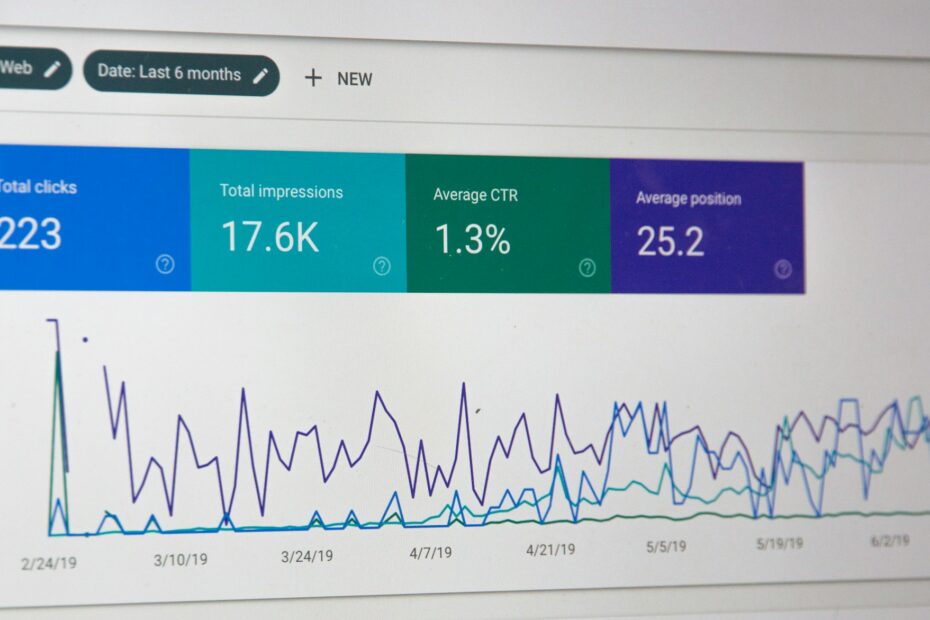Introduction
In today’s digital age, having a strong online presence is crucial for businesses and individuals alike. Whether you’re running a blog, an e-commerce store, or a corporate website, attracting visitors is the first step towards success. One of the most powerful platforms for building websites is WordPress, which powers over a third of the internet. However, merely having a WordPress website is not enough; you need to optimize it for search engines to increase visibility and drive traffic. This comprehensive guide will delve into everything you need to know about WordPress SEO and how to leverage it to boost your website’s traffic.
Understanding WordPress SEO
Search Engine Optimization (SEO) is the practice of optimizing your website to rank higher in search engine results pages (SERPs) organically. WordPress, with its user-friendly interface and robust features, provides an excellent foundation for implementing SEO strategies. However, SEO for WordPress requires more than just installing a plugin and hoping for the best. It involves a combination of technical optimization, content creation, and off-page strategies to achieve optimal results.
Technical SEO for WordPress
Technical SEO focuses on optimizing the infrastructure and backend of your website to make it more search engine friendly. In the case of WordPress, here are some essential technical SEO practices:
1. Choose a SEO-friendly WordPress theme
Your website’s theme plays a crucial role in its SEO performance. Choose a lightweight, responsive theme that is optimized for speed and usability. Avoid themes with bloated code or excessive features that can slow down your site and negatively impact your rankings.
2. Optimize site structure and navigation
A well-organized site structure not only improves user experience but also helps search engines crawl and index your content more effectively. Use categories and tags to organize your content logically, and create an intuitive navigation menu that makes it easy for visitors to find what they’re looking for.
3. Improve website speed
Site speed is a crucial ranking factor for search engines, as well as a key determinant of user experience. Use tools like Google PageSpeed Insights to identify and fix issues that may be slowing down your site, such as large image files, unnecessary plugins, or server issues.
4. Implement schema markup
Schema markup helps search engines understand the content on your website better, which can improve your visibility in search results. Use plugins like Yoast SEO or Schema Pro to easily add schema markup to your WordPress site, particularly for important elements like product reviews, recipes, events, and more.
- Leveraging Artificial Intelligence: Transforming the Paradigms of Healthcare and Sick Treatments
- Detecting Cancer with AI: Revolutionizing Diagnosis Speed
- A Deep Dive into its Applications in Medical and Military Sectors
- How to Develop a Robot for Forex Auto Trading
- Exploring Python Libraries
Content Optimization for WordPress SEO
High-quality, relevant content is the cornerstone of any successful SEO strategy. In WordPress, optimizing your content involves more than just inserting keywords into your posts. Here are some content optimization tips for WordPress:
1. Conduct keyword research
Keyword research is the process of identifying the search terms and phrases that your target audience is using to find information online. Use tools like Google Keyword Planner, SEMrush, or Ahrefs to discover relevant keywords with high search volume and low competition.
2. Optimize on-page elements
Optimize your title tags, meta descriptions, and headings to include your target keywords naturally. Use descriptive, compelling language that entices users to click through to your content from the search results page.
3. Create high-quality, engaging content
Focus on creating content that provides value to your audience and answers their questions or solves their problems. Use a mix of text, images, videos, and other multimedia elements to make your content more engaging and shareable.
4. Optimize images and multimedia
Optimize your images and multimedia files for SEO by using descriptive filenames, alt text, and captions. Compress large files to improve page load times and enhance user experience.
Off-Page SEO Strategies for WordPress
Off-page SEO refers to activities that take place outside of your website but can still impact your search engine rankings. Here are some off-page SEO strategies for WordPress:
1. Build high-quality backlinks
Backlinks are links from other websites that point to your site, and they are a crucial ranking factor for search engines. Focus on building high-quality backlinks from reputable websites in your industry through guest blogging, influencer outreach, and social media promotion.
2. Engage with your audience on social media
Social media signals, such as likes, shares, and comments, can indirectly impact your search engine rankings. Build a strong presence on social media platforms like Facebook, Twitter, and Instagram, and actively engage with your audience by sharing your content, responding to comments, and participating in relevant discussions.
3. Monitor and analyze your performance
Regularly monitor your website’s performance using tools like Google Analytics and Google Search Console. Track key metrics such as organic traffic, keyword rankings, and conversion rates to identify areas for improvement and fine-tune your SEO strategy accordingly.
Conclusion
WordPress SEO is a multifaceted discipline that requires ongoing effort and dedication to achieve sustainable results. By implementing the strategies outlined in this guide, you can optimize your WordPress website for search engines, increase visibility, and drive more traffic to your site. Remember to focus on creating high-quality content, optimizing your site’s technical infrastructure, and building a strong online presence through backlinks and social media engagement. With patience and perseverance, you can climb the ranks of search engine results pages and attract more visitors to your WordPress website.
Photo by Stephen Phillips – Hostreviews.co.uk on Unsplash
- Leveraging Artificial Intelligence: Transforming the Paradigms of Healthcare and Sick Treatments
 Introduction As we stand at the crossroads of the digital revolution, artificial intelligence (AI) emerges… Read More »Leveraging Artificial Intelligence: Transforming the Paradigms of Healthcare and Sick Treatments
Introduction As we stand at the crossroads of the digital revolution, artificial intelligence (AI) emerges… Read More »Leveraging Artificial Intelligence: Transforming the Paradigms of Healthcare and Sick Treatments - Detecting Cancer with AI: Revolutionizing Diagnosis Speed
 Introduction Cancer, a formidable adversary in the realm of human health, has long challenged medical… Read More »Detecting Cancer with AI: Revolutionizing Diagnosis Speed
Introduction Cancer, a formidable adversary in the realm of human health, has long challenged medical… Read More »Detecting Cancer with AI: Revolutionizing Diagnosis Speed - A Deep Dive into its Applications in Medical and Military Sectors
 Introduction Object detection, a critical component of computer vision, has seen remarkable advancements in recent… Read More »A Deep Dive into its Applications in Medical and Military Sectors
Introduction Object detection, a critical component of computer vision, has seen remarkable advancements in recent… Read More »A Deep Dive into its Applications in Medical and Military Sectors - How to Develop a Robot for Forex Auto Trading
 Introduction In recent years, automated trading systems, often referred to as robots, have gained popularity… Read More »How to Develop a Robot for Forex Auto Trading
Introduction In recent years, automated trading systems, often referred to as robots, have gained popularity… Read More »How to Develop a Robot for Forex Auto Trading - Exploring Python Libraries
 Python has a vast ecosystem of libraries and frameworks for various purposes. Some popular Python… Read More »Exploring Python Libraries
Python has a vast ecosystem of libraries and frameworks for various purposes. Some popular Python… Read More »Exploring Python Libraries


